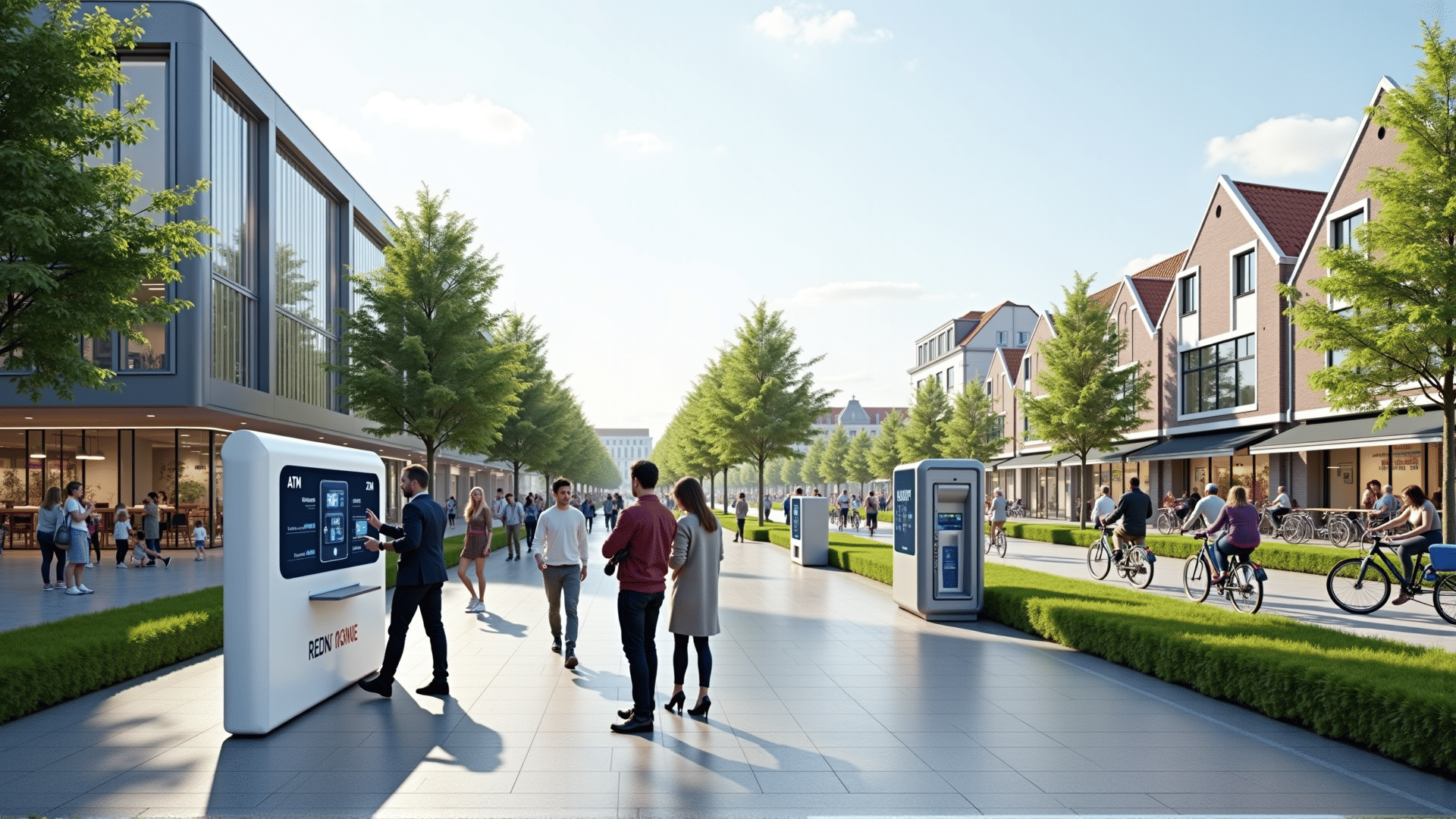In recent years, the Netherlands has emerged as a pioneer in integrating smart technologies into urban planning, setting an exemplary standard for cities worldwide. With its densely populated regions and commitment to sustainability, the Netherlands faces unique challenges and opportunities in modernizing its infrastructure. By embracing innovative smart technologies, Dutch cities are enhancing efficiencies, reducing environmental impacts, and improving the quality of life for their residents.
At the heart of this transformation is the adoption of smart infrastructure, which combines the latest technological advancements with traditional urban planning techniques to create cities that are not only more efficient but also more sustainable. This approach leverages data analytics, the Internet of Things (IoT), and advanced communication networks to optimize the functioning of urban environments.
One notable example of smart infrastructure in action is the intelligent transportation systems being deployed across Dutch cities. With a focus on reducing congestion, minimizing emissions, and enhancing mobility, these systems utilize real-time data to manage traffic flows, optimize public transport schedules, and provide up-to-the-minute information to commuters. Cities like Amsterdam and Rotterdam have implemented adaptive traffic light systems that adjust in real-time to traffic conditions, thereby reducing unnecessary wait times and lowering vehicle emissions.
Sustainability is a critical component of the smart infrastructure paradigm in the Netherlands. The country has made significant strides in energy management through the implementation of smart grids. These grids enable a more efficient distribution of electricity and integrate renewable energy sources such as wind and solar power. By facilitating better demand response and energy storage, smart grids help to stabilize the grid and reduce reliance on fossil fuels, aligning with the Dutch government's commitment to achieving climate targets.
The integration of smart water management systems is another area where Dutch urban planners are making significant progress. Given that a significant portion of the Netherlands lies below sea level, effective water management is crucial. Smart sensors and predictive analytics are being used to monitor water levels, manage flood risks, and optimize water usage. This technology not only helps to protect against flooding but also promotes water conservation initiatives, ensuring that resources are used efficiently.
The digitalization of urban infrastructure also supports enhanced waste management systems. Smart trash bins equipped with sensors alert waste collectors when they are full, ensuring more efficient collection routes and reducing the environmental footprint of waste disposal processes. This innovation not only lowers operational costs but also keeps urban areas cleaner and healthier for residents.
Furthermore, the evolution of smart buildings in the Netherlands is transforming the urban landscape. These structures are equipped with systems that optimize energy usage, monitor environmental conditions, and adapt to the needs of the occupants. By integrating advanced HVAC systems, automated lighting, and energy-efficient materials, smart buildings contribute significantly to reducing the carbon footprint in urban areas.
Collaboration between government bodies, private enterprises, and academic institutions is crucial to the ongoing development of smart infrastructure in the Netherlands. By fostering innovation through partnerships and research initiatives, the country is positioning itself at the forefront of this urban transformation.
The revolution in smart infrastructure in the Netherlands is not only transforming the urban environment but also creating a blueprint for other cities around the world to follow. As these technologies continue to evolve, the potential for creating more efficient, sustainable, and livable urban spaces becomes increasingly attainable. Looking ahead, the synergy between smart technologies and urban planning will play a pivotal role in shaping the cities of the future, ensuring that they can meet the challenges of modern living in a sustainable and innovative manner.
